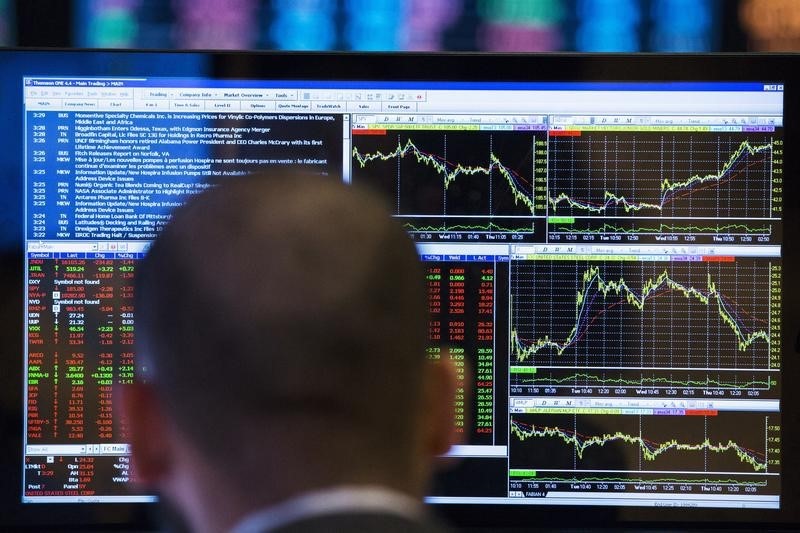(Reuters) – Chinese authorities have pushed Swiss agrochemicals and seed group Syngenta to withdraw its bid for a long-delayed $9 billion Shanghai IPO over concerns about the impact a significant new offering will have on a volatile market, four people said.
The Chinese state-owned pesticide giant withdrew its application for an initial public offering (IPO) last Friday, saying the decision was made “after careful consideration of the industry situation and the company’s own development strategy.”
Syngenta applied to list on the Shanghai Stock Exchange’s main board in May last year, seeking to raise 65 billion yuan ($8.98 billion), and was cleared by the exchange’s listing committee a month later. Back in November last year, its executives said Syngenta planned to list in 2024.
However, the company has not received the green light from China’s securities regulator or senior officials of the State Council, a prerequisite for a successful IPO, four people familiar with the matter said.
The planned listing finally fell through after Sinochem-owned Syngenta received informal instructions from the China Securities Regulatory Commission (CSRC) in March to withdraw its mega-listing application, one of the sources said.
The State Council Information Service and the CSRC did not respond to requests for comment. Syngenta said it would not comment beyond a statement issued Friday.
Syngenta’s reason for pulling out of the IPO and the manner in which it went ahead, which have not previously been reported, underscore Beijing’s prioritization of boosting investor confidence in the secondary market rather than launching new share offerings.
The government’s request for Syngenta to abandon its IPO comes despite the fact that the company’s seeds are essential to China’s food security and grain self-sufficiency, which the country’s leaders, especially President Xi Jinping, have actively promoted.
The refusal was the result of concerns among Chinese authorities about the potential impact of a massive IPO on a weak stock market that has had a poor start to the year, four people familiar with the matter said.
Analysts often blame large IPOs for the collapse of domestic stock markets because large sums of money are frozen upon subscription, reducing liquidity in the secondary market.
China’s stock market slump earlier this year came after mainland Chinese stocks underperformed global stocks for three years and deflation reached levels not seen since the 2008-2009 global financial crisis.
TIGHTER CONTROL
China’s securities regulator has sharply tightened controls over IPOs this year, leading companies to abandon domestic listing plans en masse and some to turn to offshore markets such as Hong Kong and New York.
The stricter scrutiny comes after the CSRC last August announced plans to slow the pace of IPOs and subsequent share offerings in a bid to bolster the secondary market in the world’s second-largest economy.
In January-March 2024, proceeds raised from IPOs in mainland China fell 82% from a year earlier to just $2.4 billion, according to LSEG, the smallest quarterly fundraising since the last quarter of 2018.
The sudden cooling in China’s IPO market, which was the world’s largest in 2022 and 2023, comes after the securities watchdog under new Chairman Wu Qing last month vowed to step up scrutiny of listing candidates and crack down on any omissions.
The listing of Syngenta, which was bought by ChemChina in 2017 for $43 billion and folded into Sinochem in 2021, would be China’s largest public offering and one of the world’s largest this year.
The placement has been delayed several times for various reasons since the first application was submitted in 2021.
The company initially intended to list on Shanghai’s STAR Market, a tech marketplace that typically offers high valuations, and filed in June 2021. Two years later, she moved to the main listing platform.
In a statement last Friday, Syngenta said it would seek to restart the listing process either in China or on another exchange when conditions are right, and will also explore alternative sources of financing.
Market analysts have previously cited Hong Kong, Zurich and London as potential alternatives to Syngenta’s listing.
($1 = 7.2357)


